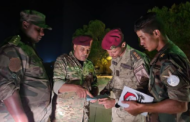Oct. 13, Zliten isolation center head, Dr. Mohamed al-Hariri kidnapped in Tripoli after leaving home; Internal Security Agency head, Maj. Gen. Rashid al-Rajbani kidnapped from at Mitiga airport allegedly by PM Dbaiba-affiliated group.
Oct. 13, SOHR reports new batch of Syrian mercenaries repatriated.
TRIPOLI
- Well-informed sources said that Dr. Mohamed Al-Hariri, a health official at Tajoura Heart Hospital and the Director of the isolation center in Zilten, was kidnapped by unknown armed men. They added that the health official was attacked Oct. 13, after he had left his home, and was taken to an unknown location;
- Oct. 13, an armed group reportedly kidnapped Major General Rashid Al-Rajbani, Head of Libya’s Internal Security Agency, from inside Tripoli’s Mitiga Airport, according to social media reports. A well-informed source claimed that an armed group, allegedly affiliated with Prime Minister Abdel-Hamid Dbaiba, attacked one of the planes on the runway, and kidnapped Al-Rajbani from inside the plane.
NATIONAL POLITICS & SOCIAL ISSUES
- Oct. 13, Mohamed Al-Rajoubi, Head of the Misrata Council of Dignitaries and Elders, said that nobles from the east and west of the country have agreed on the need to release all Libyan prisoners, without exception. Al-Rajoubi noted that the two sides stressed the need to hold accountable those involved in crimes “that have not been witnessed in the history of Libya.”;
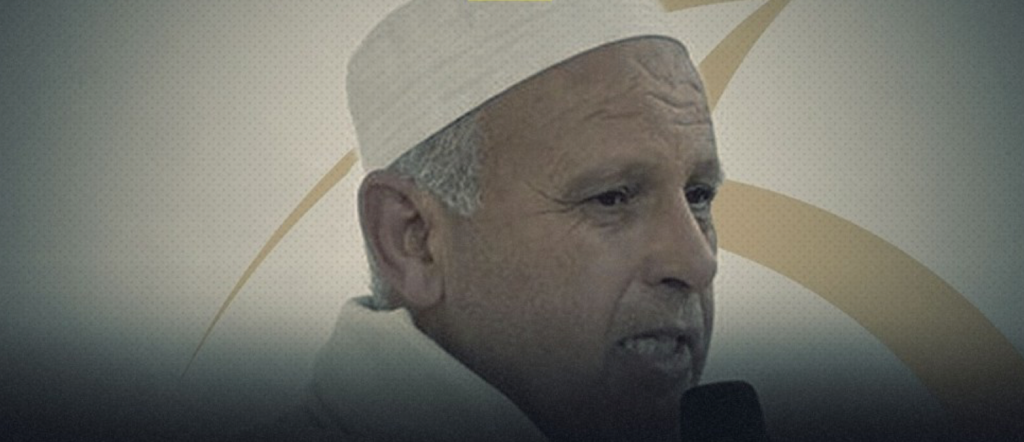
- Oct. 11, the General Union of Oil and Gas Workers again threatened to shut down ports, in protest of the government’s inaction to their demands. The union called on the Government of National Unity (GNU) to increase the salaries of its members, to activate their medical insurance, and exempt employees from full income tax, as stipulated by the law. This is similar to their colleagues in various sectors of the state, according to the union’s statement.

NATIONAL SECURITY & IMMIGRATION
- Oct. 17, thousands of refugees staged a protest outside the United Nations Refugee Agency (UNHCR) headquarters in Tripoli, demanding their immediate repatriation from Libya. This came following a violent crackdown by the Libyan authorities against refugees and migrants last week. Thousands were arrested, and at least six people were shot dead at the Mabani detention center in Tripoli;
- Oct. 16, the Reform and Rehabilitation institution of Ain Zara, located in southern Tripoli, announced the repatriation of a number of migrants, as part of a voluntary deportation programme. In a statement, the institution explained that the deportation process included 9 inmates of Egyptian nationality, and 4 inmates of Sudanese nationality, who were deported through the Mitiga International Airport;
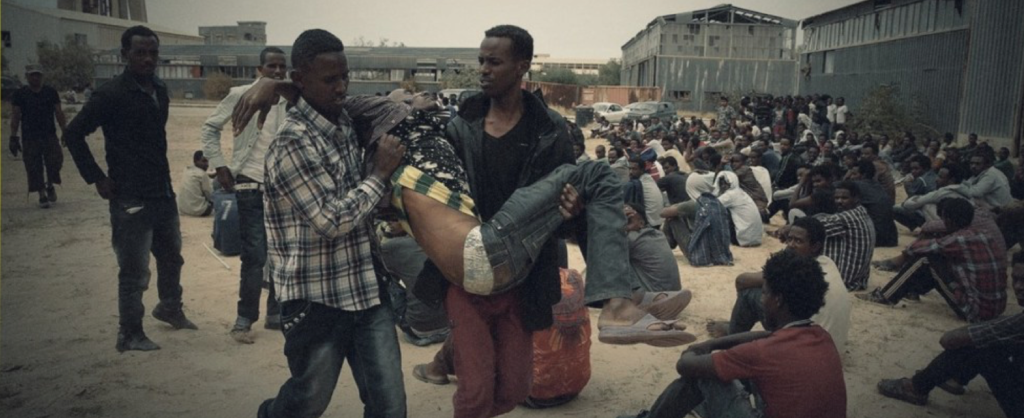
- Oct. 15, a member of the 5+5 Joint Military Commission (JMC), Lieutenant-General, Amraja Al-Amami stated that the UN’s international observers, who will be tasked with monitoring the process of withdrawing mercenaries and foreign fighters, are set to arrive in Libya within two weeks;
- Oct. 14, Head of the Foreign Affairs Committee of the Libyan Parliament, Yousef Al-Aqouri stressed the need for all foreign forces and mercenaries to leave the country. In a virtual meeting with members of the Turkish National Assembly, Al-Agouri called on Ankara to play a positive role in withdrawing its forces from Libya. He also urged Turkey to work on creating the appropriate conditions for Libya’s stability, and ensuring the success of the upcoming elections;
- Oct. 13, the Syrian Observatory for Human Rights (SOHR) reported that a new batch of Syrian mercenaries stationed in Libya, had been repatriated to Syria. Nearly 100 fighters were transported from Libya to Syria via Turkey. This coincides with the back-and-forth transfer operations of mercenaries from Syria;
- Libya’s parties have agreed on an Action Plan to withdraw foreign forces and mercenaries from Libya, claiming that its implementation will start in November. The 5+5 Joint Military Commission (JMC) in Libya had discussed the mechanisms for the withdrawal of mercenaries and foreign forces during its meeting in Geneva. The plan includes four main points, the first of which is the withdrawal of foreign forces to agreed points in two cities, provided that they never leave their positions;

- A member of Libya’s 5 + 5 Joint Military Commission (JMC), and Military Prosecutor, Major General Faraj Al-Sousa announced that a meeting is planned with a number of British officials in London. In press statements, Al-Sousa indicated that four JMC members will attend the meeting, which will be held at the request of the British government. The military official added that the meeting will discuss practical steps to withdraw foreign fighters and mercenaries from Libya, as stipulated in the October ceasefire agreement;
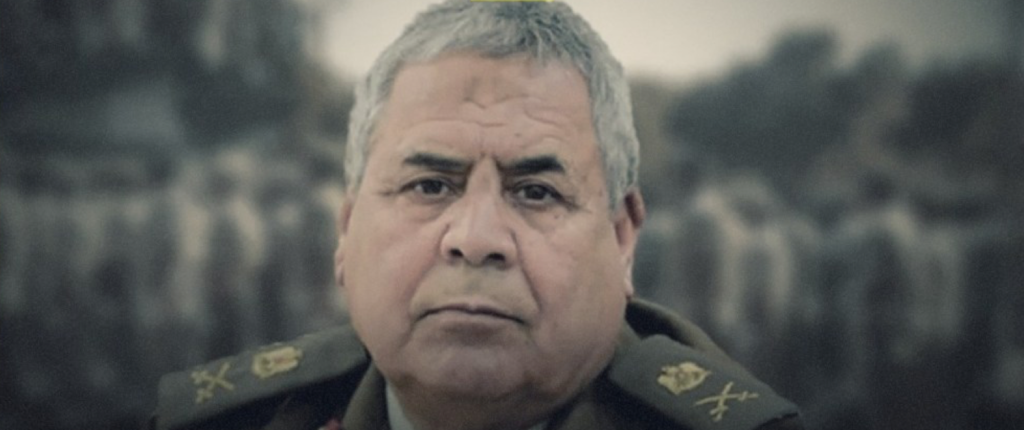
- The Secretary-General of the United Nations, Antonio Guterres called on all Libyan and international parties to work together to implement the plan for the withdrawal of mercenaries and foreign fighters from Libya. Guterres welcomed the agreement reached in Geneva, by Libya’s 5+5 Joint Military Commission (JMC) on a comprehensive Action Plan for the gradual, balanced, and sequenced withdrawal of mercenaries, foreign fighters, and foreign forces from Libyan territory;
- The EU will deliver new patrol boats to the Libyan Coast Guard. This comes despite reported violations against migrants in detention centers, where migrants intercepted at sea are often sent. According to EU Observer, the boats will be used by the Libyans to intercept people at sea, and return them to Libya where most are likely to end up in such detention centres;
- The Algeria Ministry of Justice is organizing a training course for 15 female members of the Libyan judicial police force working in the prison administration. The training will be carried out during the period from October 17th to 26th, at the Meddouda El Djamil Hotel in Skikda. In a statement, the Algeria Ministry said that the organization of this training session falls within the framework of cooperation that links the Algerian Ministry of Justice and the United Nations Office on Drugs and Crime (UNODC).
INTERNATIONAL RELATIONS
- Oct. 17, the Speaker of the Libyan Parliament, Ageela Saleh held a meeting with Algerian President, Abdelmadjid Tebboune in Algiers. Ageela Saleh expressed his gratitude and appreciation for Algeria’s support for Libya’s democratic process, and praised its strong position regionally and internationally. Saleh highlighted Algeria’s efforts to have Libya’s rival parties reach a suitable compromise to end the decade-long crisis;
- Oct. 16, German Chancellor, Angela Merkel, called on Turkish President, Recep Tayyip Erdoğan, to withdraw foreign mercenaries from Libya and Syria. During her meeting with Erdoğan in Istanbul, Merkel said that it is necessary to find solutions to the Libyan conflict and the complete the withdrawal of all foreign forces from Libya.
- Russia’s oil producer, Tatneft Co. has resumed drilling operations for the appraisal well in the Ghadames Basin, north-west Libya, the National Oil Corporation (NOC) reported in a statement Oct. 15. The Russian giant suspended its exploration operations in February 2011, but given the improvement of security conditions in the country, and consultations with NOC officials it has decided to resume its exploration program;
- German Foreign Minister, Heiko Maas held a telephone call with his Turkish counterpart, Mevlüt Çavuşoğlu. They discussed the withdrawal of foreign fighters and the December elections in Libya. “We are in regular and close contact with Turkey on foreign policy issues. We talked about the upcoming elections and the withdrawal of foreign fighters from Libya,” the German FM said;
- The US Ambassador to Libya, Richard Norland met with the Head of the Libyan High National Elections Commission (HNEC), Emad Al-Din Al-Sayeh. In a tweet after the meeting, the US Ambassador confirmed the United States’ support for HNEC’s important mission on behalf of all Libyans. “We are encouraged to see that Libyans are eager to vote and move the whole country closer to stability and prosperity – in the south, east, and west.”;
- Oct. 14, the Tunisian Health Ministry announced that Libyan entering Tunisia would no longer need to provide a negative PCR test. This is so long as they have evidence of having been vaccinated against COVID-19, no less than 14 days prior to entering the country;
- Oct. 14, Egypt President, Abdel-Fatah El-Sisi affirmed in a phone call with British Prime Minister, Boris Johnson on the need to ensure the full withdrawal of all foreign forces and mercenaries from Libya. The two sides agreed on the need to support the current political track, until the 24 December elections are held, as part of the roadmap agreed upon by the Libyan parties;
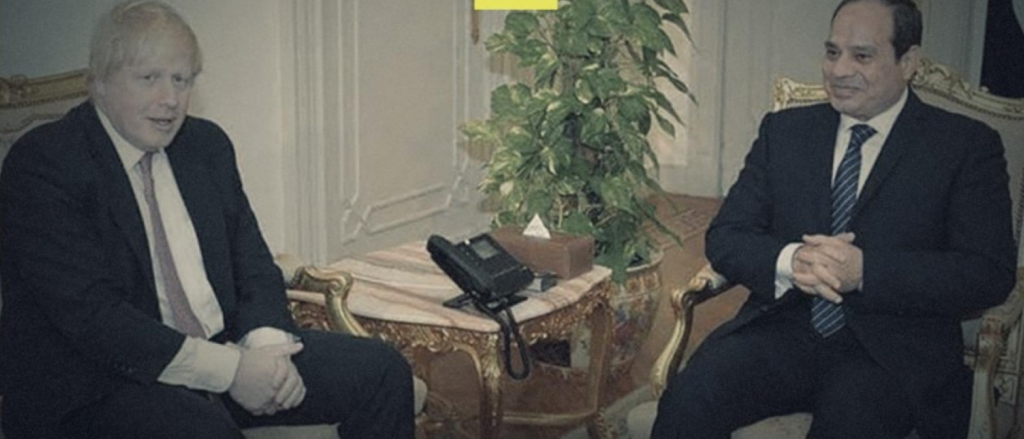
- Oct. 13, British Foreign Minister, Liz Truss received her Libyan counterpart Najla Al-Mangoush in London, where they discussed Libya’s upcoming elections. The British Foreign Ministry said in a statement that Libya has promised to hold free, fair, and inclusive elections on 24 December. The talks also dealt with the immediate withdrawal of mercenaries and foreign forces. British Minister of State for the Middle East and North Africa, James Cleverly praised the efforts made by the 5 + 5 Libyan Military Commission (JMC) in withdrawing all foreign forces from Libya;
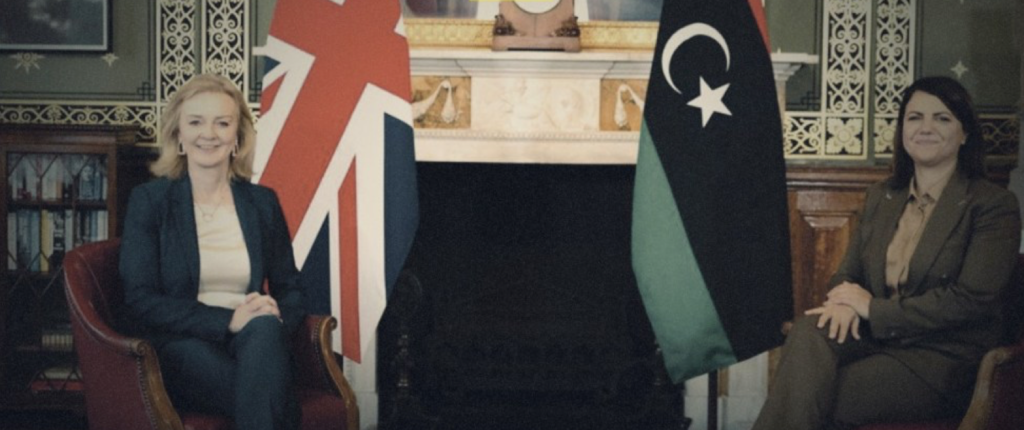
- Libyan Minister of State for Displaced Affairs and Human Rights, Ahmed Abu Khuzam concluded his tour of Tunisia by meeting a number of displaced citizens at the Libyan Embassy in Tunis. The minister spoke about the need to achieve national reconciliation and for the voluntary return of citizens. He stressed that the government is determined to end the issue of displaced citizens abroad, according to a statement published by the Embassy;
- The European Union’s Spokesman for the Middle East and North Africa, Luis Miguel Bueno said that the EU plans to submit a project to support the upcoming Libyan elections in December, with a value of LYD 21 m. Bueno confirmed that Libya remains a priority for the EU, which strives to achieve stability in the region, and Libya in particular;
- A delegation of the Libyan Parliament, headed by the First Deputy Speaker, Fawzi Al-Nuwayri met with the President of the Italian Senate, Elisabetta Casellati to discuss strengthening bilateral relations. During the meeting, Al-Nuwayri confirmed that the Parliament has successfully submitted the electoral laws for the upcoming presidential and parliamentary elections. He added that “holding the elections is an irreversible matter. The elections are the basis that will enhance security and stability in Libya. It is a requirement for all Libyans.”;
- Oct. 11, the Greece Consul in Benghazi, Achilles Rakinas held a meeting with the Chairman of the Commerce & Development Bank and the Founder of Berniq Airways, Jamal Abdel-Malek. Rakinas stated that they discussed the possibility of resuming direct flights between Benghazi-Greece during the coming period;
- Oct. 11, Libyan Foreign Minister, Najla Al-Mangoush held talks with the Netherlands Ambassador to Libya, Dolf Hogewoning in Tripoli. They discussed the preparations being made by all state institutions to hold the upcoming elections, scheduled for 24 December 2021. They also discussed the remarkable efforts made by the 5 + 5 Joint Military Commission (JMC), and the important progress it has achieved to establish security and stability across the country;
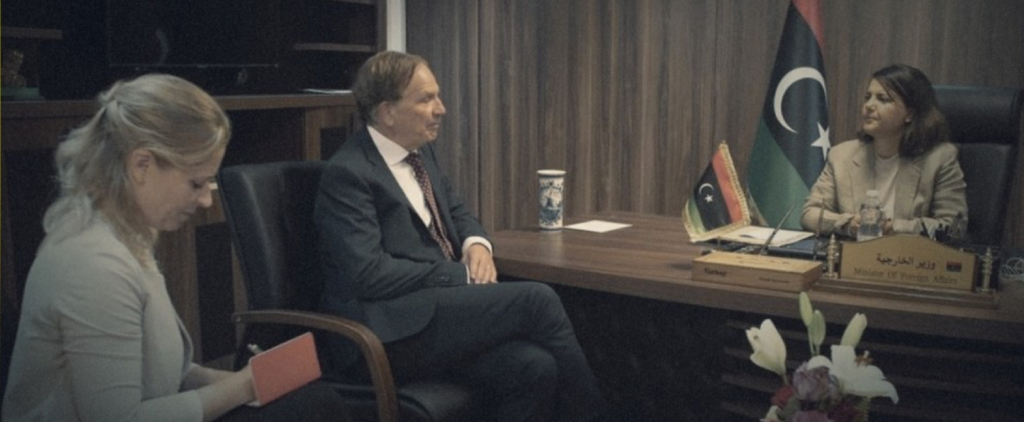
- The General Secretariat of the Arab League approved the credentials of Dr. Iman Al-Fitouri as deputy representative of Libya, and Head of the Libyan diplomatic mission. The General Secretariat expressed its sincere greetings and appreciation to the Libyan delegate on this occasion.




